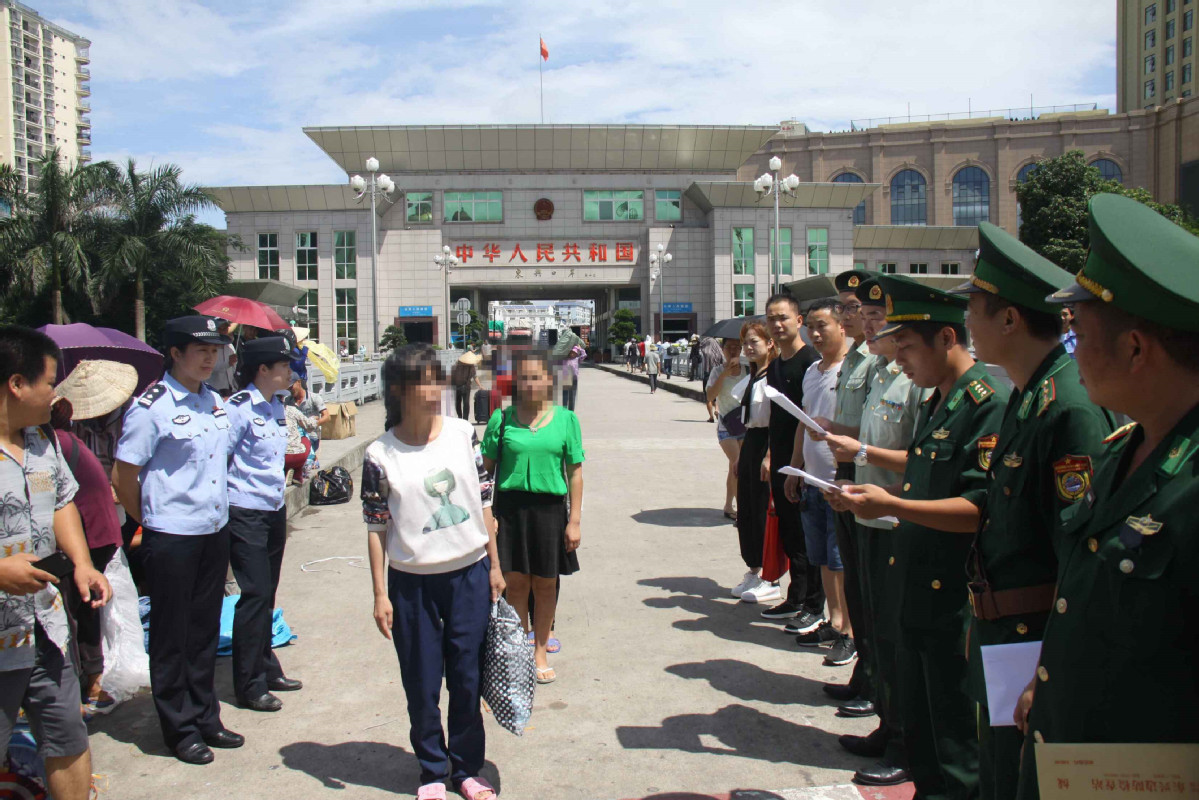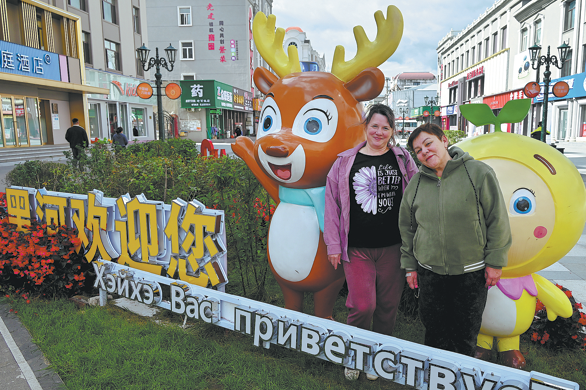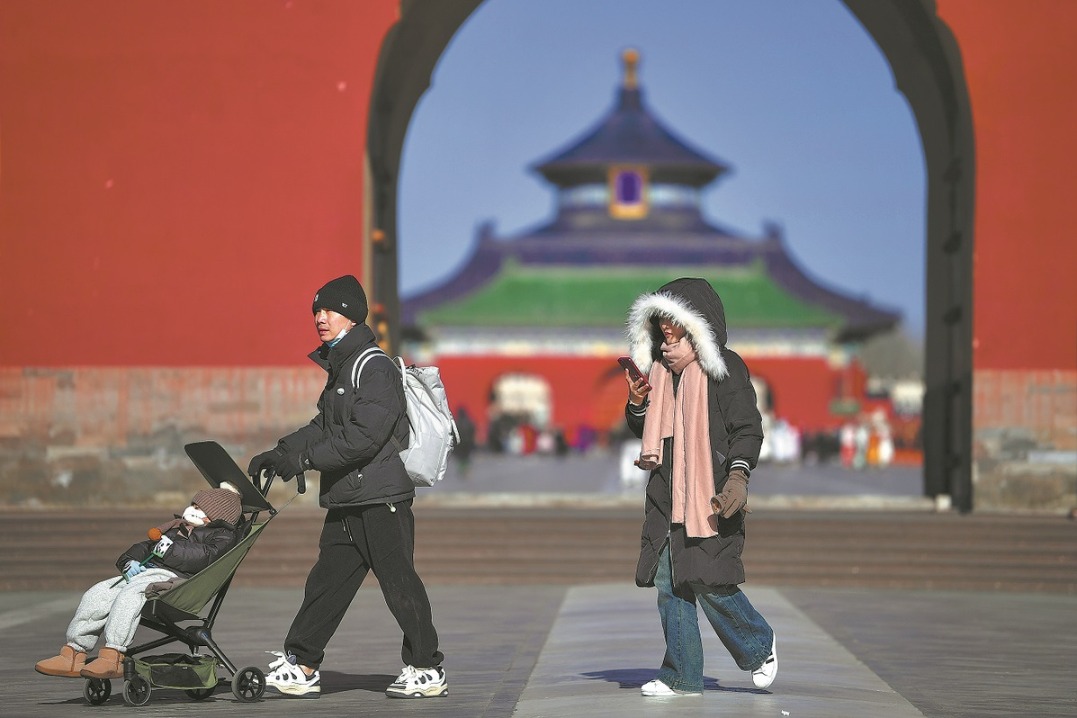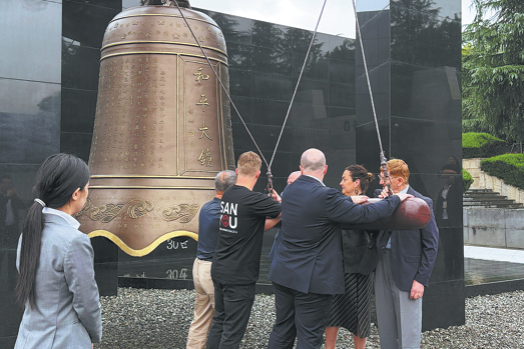Crushing cross-border trafficking
By Zhang Yan | China Daily | Updated: 2019-08-30 07:30

China works with Vietnam, other nearby countries in a crusade to save kidnapped women forced into marriage and sex slavery.
'If it hadn't been for Chinese police, I can only imagine what my life would be like now," said a 20-year-old Vietnamese woman who was kidnapped in late 2017 and forced into an illegal marriage in China.
The woman, who finally returned to her homeland in December, has been identified by the police as A Lan. She was living in the suburb of a Vietnamese city with her younger brother, sister and parents, who are in their 60s. They eked out a living by growing and selling vegetables.
Lan met someone who she believed could help her and her family escape poverty.
"I was cheated by the agent who promised me a well-paying job in China to support my family," she said. "But I fell into despair when I became an illegal bride in Anhui province."
She said the trafficker sold her to a local villager in the city of Bengbu. The man, in his 50s, had physical disabilities.
"I needed to do most of the housework. I struggled every day and tried every means to escape," she said.
In early 2018, Anhui police found nine Vietnamese women who had no legal residence documents and claimed they were the wives of local men. While investigating, police discovered a cross-border women trafficking ring that was operated by a local man surnamed Zhu and his Vietnamese wife.
Police said the couple, both in their 40s, conspired with their Vietnamese counterparts to lure 11 Vietnamese women on the pretext of introducing them to high-paying jobs, traveling or marrying rich Chinese men to change their lives.
They then arranged for them to be smuggled into China by river. Upon arriving, the Chinese suspects arranged their food and accommodations and later transported them to Anhui to seek clients.
"The ultimate reason behind women trafficking is to obtain high profits," the police said. "The couple received 3,000 to 10,000 yuan ($420 to $1,400) from the traffickers for each woman as an introduction fee. Then the traffickers shared fees ranging from 50,000 to 100,000 yuan from the buyer for each abducted woman."
In July and August last year, the police arrested Zhu, his wife and 30 other suspects, including eight Vietnamese trafficking suspects. Police discovered the group had conducted 29 crimes related to women trafficking.
The police rescued 11 Vietnamese women, eight of whom were returned to Vietnam in December.
A Lan was just one of hundreds of female victims who were abducted and sent to China last year and either forced into marriage or made to work as prostitutes.
"Human trafficking has not only seriously harmed the legitimate rights of these women, but also fostered crimes such as smuggling, illegal marriage and fraud," said Guo Lin, a spokeswoman from the Ministry of Public Security. "Women are not commodities, and they should not be trafficked. We have a 'zero tolerance' attitude toward human trafficking and will deepen pragmatic law enforcement cooperation with Southeast Asian countries to curb such crimes."
Chain of interest
According to the ministry, the border between China and some Southeast Asian countries, including Laos, Myanmar and Vietnam is very long, and there are few natural barriers. Many people living on both sides have common ancestry, so cross-border marriages are common and locals frequently move between the border areas without checks.
"Conditions in the subtropical region offer the suspects opportunities to illegally send young women from Southeast Asian countries across the border under the pretext of traveling, introducing them to well-paying jobs or marrying wealthy Chinese men," said Yang Yi, a police officer from the frontier inspection station in Ruili, a border city in Yunnan province.
Moreover, there are large economic and social differences between China and Southeast Asian countries, so many foreign women who intend to move to China to look for wealthy men are targeted and easily deceived by the traffickers.
Data provided by the ministry show that between July and December last year, police from China, Laos, Myanmar, Thailand, Vietnam and Cambodia cracked 634 women trafficking cases and captured 1,332 suspects, including 153 foreign nationals.
























